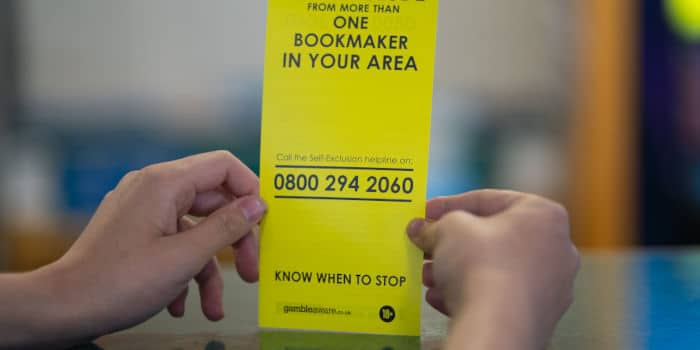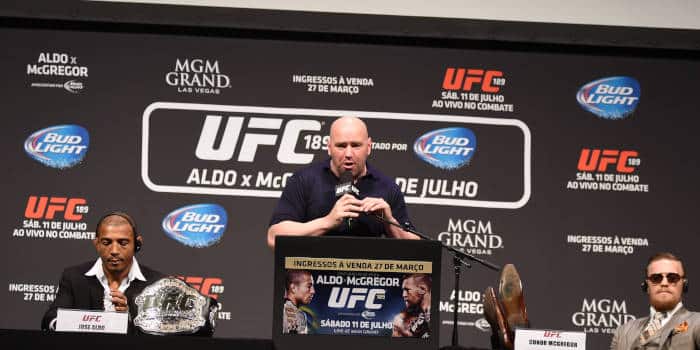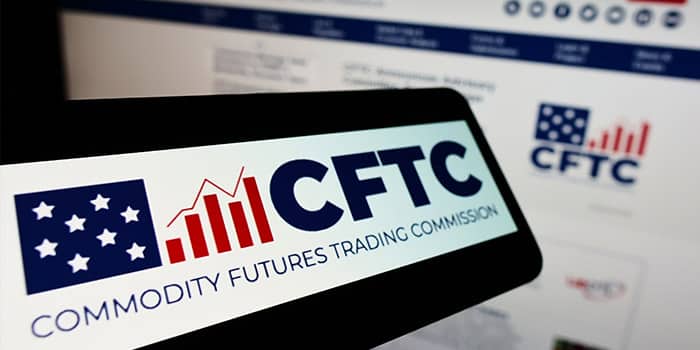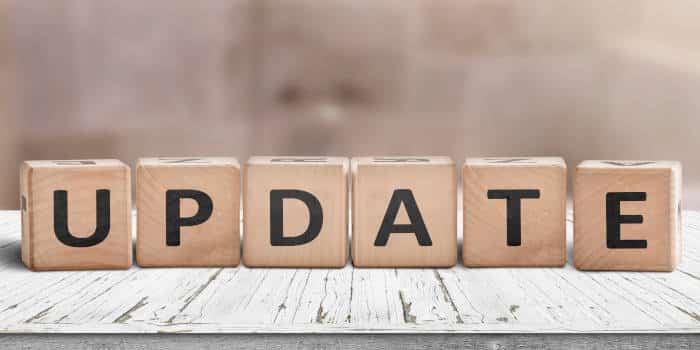- Casino
- By State
- Alabama
- Alaska
- Arizona
- Arkansas
- California
- Colorado
- Connecticut
- Delaware
- Georgia
- Florida
- Hawaii
- Idaho
- Illinois
- Indiana
- Iowa
- Kansas
- Kentucky
- Louisiana
- Maine
- Massachusetts
- Maryland
- Michigan
- Minnesota
- Mississippi
- Missouri
- Montana
- Nebraska
- Nevada
- New Hampshire
- New Jersey
- New Mexico
- New York
- North Carolina
- North Dakota
- Ohio
- Oklahoma
- Oregon
- Pennsylvania
- Rhode Island
- South Carolina
- South Dakota
- Tennessee
- Texas
- Utah
- Vermont
- Virginia
- Washington
- West Virginia
- Wisconsin
- Wyoming
- By State
- Slots
- Poker
- Sports
- Esports
Seminole Tribe Could Withhold Revenue Payments if Casino Measure Advances

Florida is good at attracting attention to itself, and not always in a good way. What some politicians, as well as the Seminole Tribe of Florida, thought would be an open-and-shut case regarding sports betting has turned into a federal case with national implications. Some have used the battle to introduce a casino fight, which is only further causing problems. Now, should a judge decide that a movement to bring more casinos to the state can advance, the Seminole are ready to play hardball, just like they have done in the past.
The Seminole’s No Play, No Pay Rule
The Seminole Tribe has a strict rule. If the state doesn’t play by its rules, it doesn’t pay. Now, in a court filing from last week, the Seminole Tribe of Florida charged that if a judge gives new life to a North Florida casino initiative and it is approved by voters, that could infringe the Tribe’s exclusive rights.
The Tribe warned that if this happens, Seminoles’ revenue sharing payments to Florida of hundreds of millions of dollars could be interrupted again, according to media outlet Florida Politics. The Seminole stopped making payments in 2018 and didn’t make them for almost three years over a previous dispute.
These arguments led Leon County Circuit Judge John Cooper to accept the Tribe and Standing Up For Florida as interveners in a lawsuit that was filed earlier this week. The suit was brought by Florida Voters In Charge, a public group supported by Las Vegas Sands trying to revive the casino campaign.
The group has been trying to collect enough verified petition signatures in order to qualify North Florida’s casino proposal for the November General Election. It didn’t make the Tuesday deadline, especially after some of the signatures were determined to be fake and others were allegedly coerced.
In anticipation of the missed deadline, the group sued Florida Secretary of State Laurel Lee to obtain more time for petition processing. The group claimed that the campaign was hampered by flaws in state law as well as in the way county officials processed petitions. Although the group claimed it had submitted many petitions, a significant number were never processed.
Judge Cooper has not yet made a decision regarding the strength or inability of these claims.
Seminole Play the Compact Card
The Tribe requested to intervene in the lawsuit that was based on Seminoles’ 2010 Gambling Compact. The pact was briefly replaced by the new 2021 Gambling Compact, which was negotiated by Governor Ron DeSantis in May of last year. The compact was then approved by federal officials in August; however, it was later invalidated by the federal court and was thrown out in November.
That makes the original 2010 Compact the governing document and, for now, will remain as such until 2030, as the Tribe pointed out in the case that preceded Cooper.
The Tribe pointed out that its 2010 Compact still grants it the exclusive right to offer slot machines in Florida, “with narrow exceptions that are not relevant to this subject” and that the Tribe had agreed that it would share the revenue with the state to compensate for that exclusivity.
The Seminole’s filing with the court reads, in part, “The proposed amendment if passed would be an infringement on the Tribe’s right to exclusivity under the Compact and threatens to disrupt a contractual relationship between the Tribe and the State that has been highly beneficial to both parties.”
The 2021 Gaming Compact guaranteed revenue sharing payments in the amount of $500 million or less annually. The payments made under the 2010 compact reached as high as $350 million. However, if a deal satisfactory to the Seminole isn’t reached, the Sunshine State may not see any of the money.
Related Topics:
Erik brings his unique writing talents and storytelling flare to cover a wide range of gambling topics. He has written for a number of industry-related publications over the years, providing insight into the constantly evolving world of gaming. A huge sports fan, he especially enjoys football and anything related to sports gambling. Erik is particularly interested in seeing how sports gambling and online gaming are transforming the larger gaming ecosystem.
Must Read
Industry
July 8, 2025
Trump’s Gambling Tax Cap Draws Divided Opinions
More Articles




Industry
July 14, 2025
GambleAware Launches Milestone Self-Awareness App

Casino
July 14, 2025
Number of Canadian Travelers to the US Slumps Again

Industry
July 14, 2025
Senate Blocks Attempt to Reverse Gambling Tax Rule












